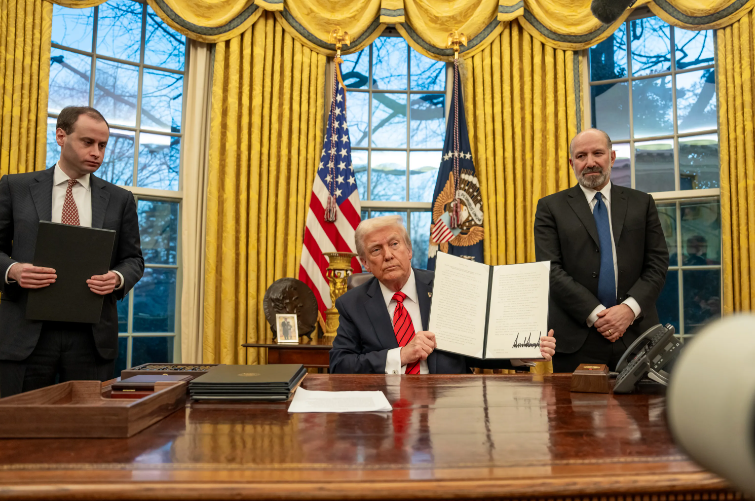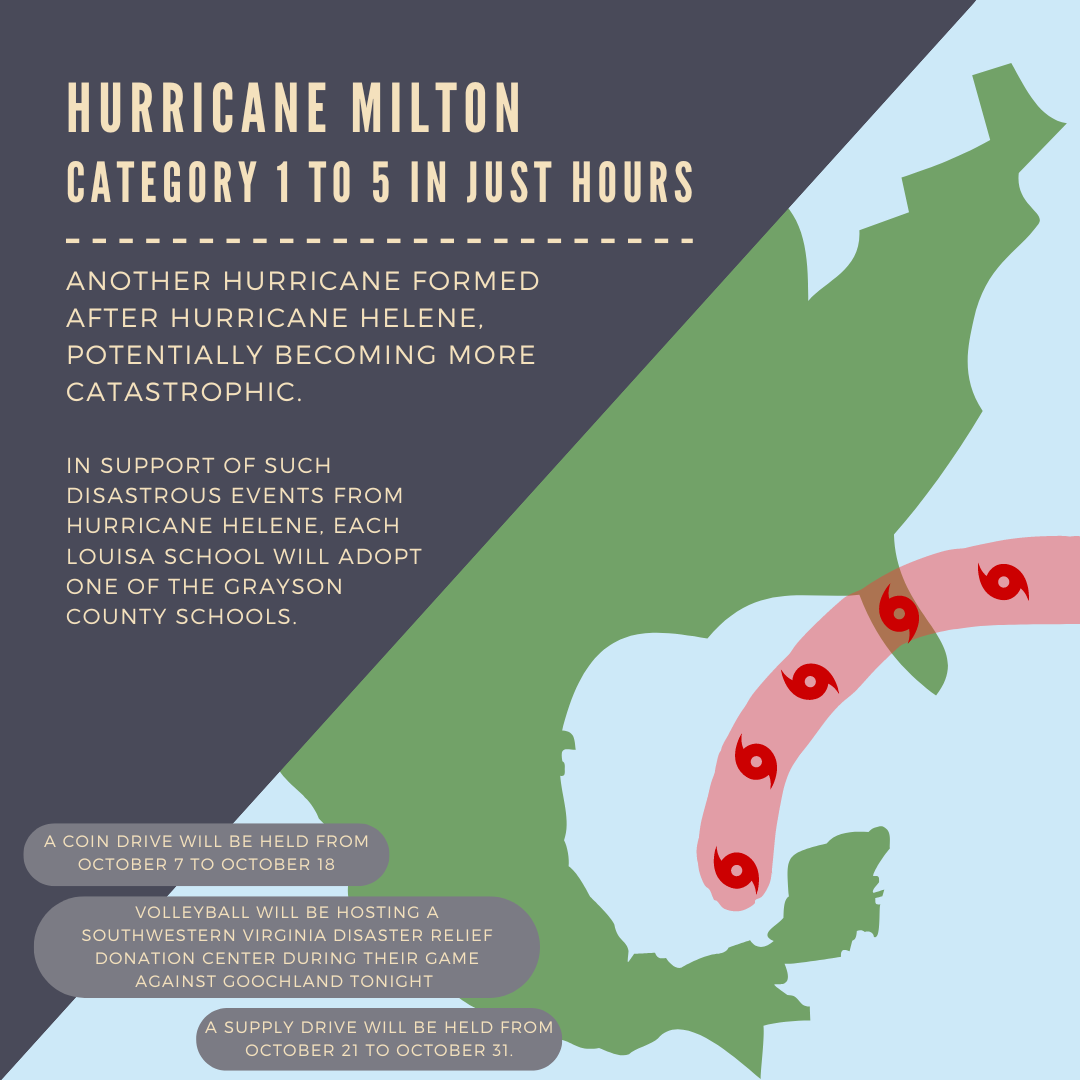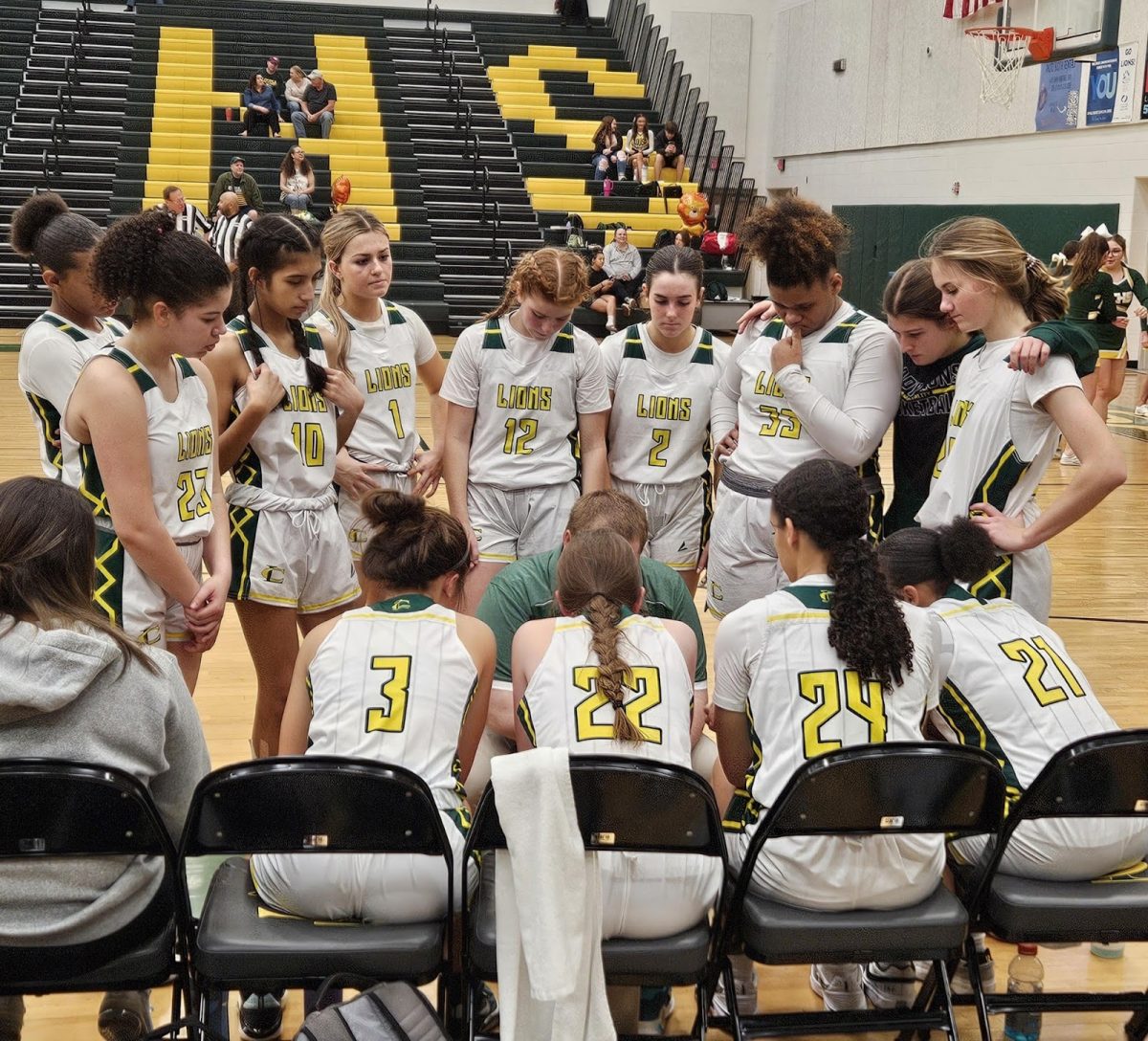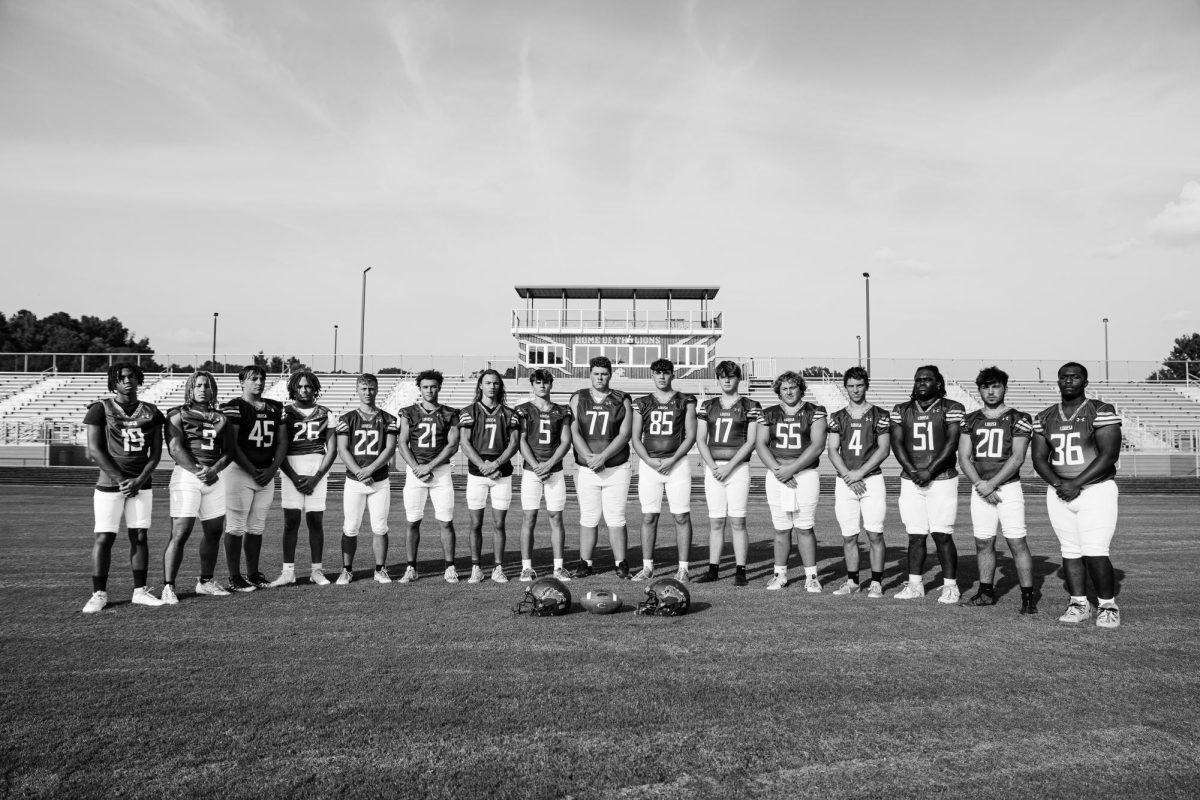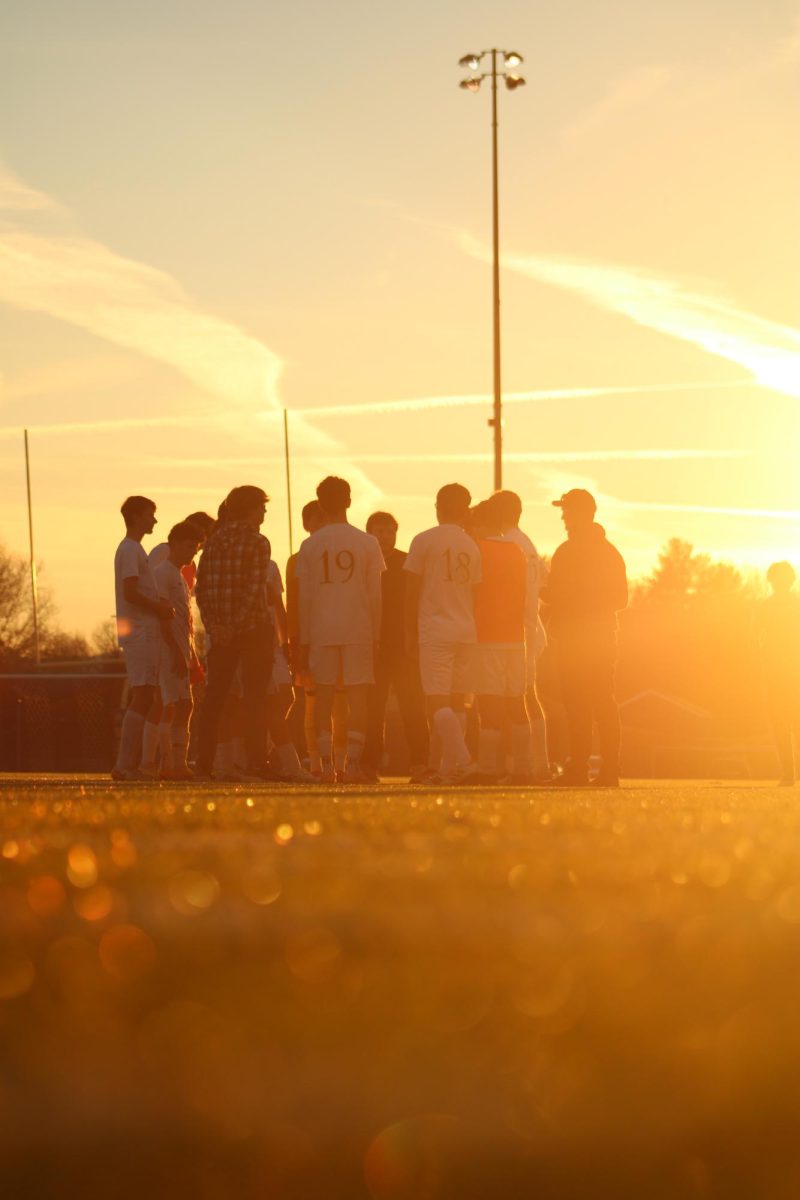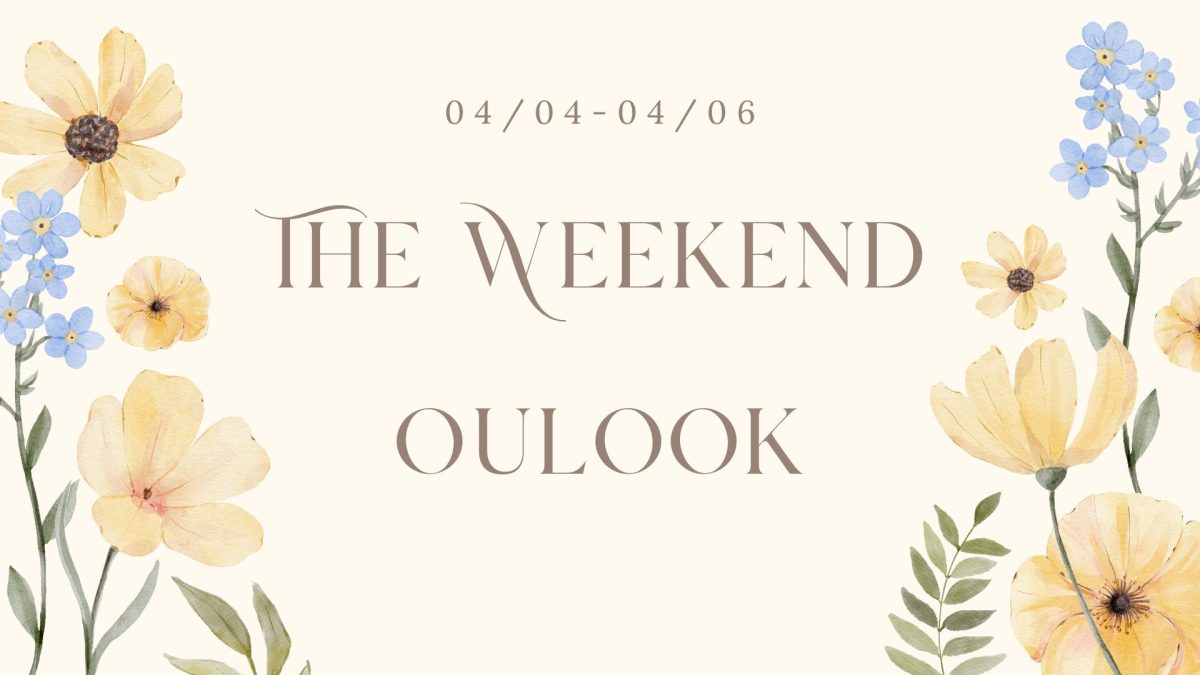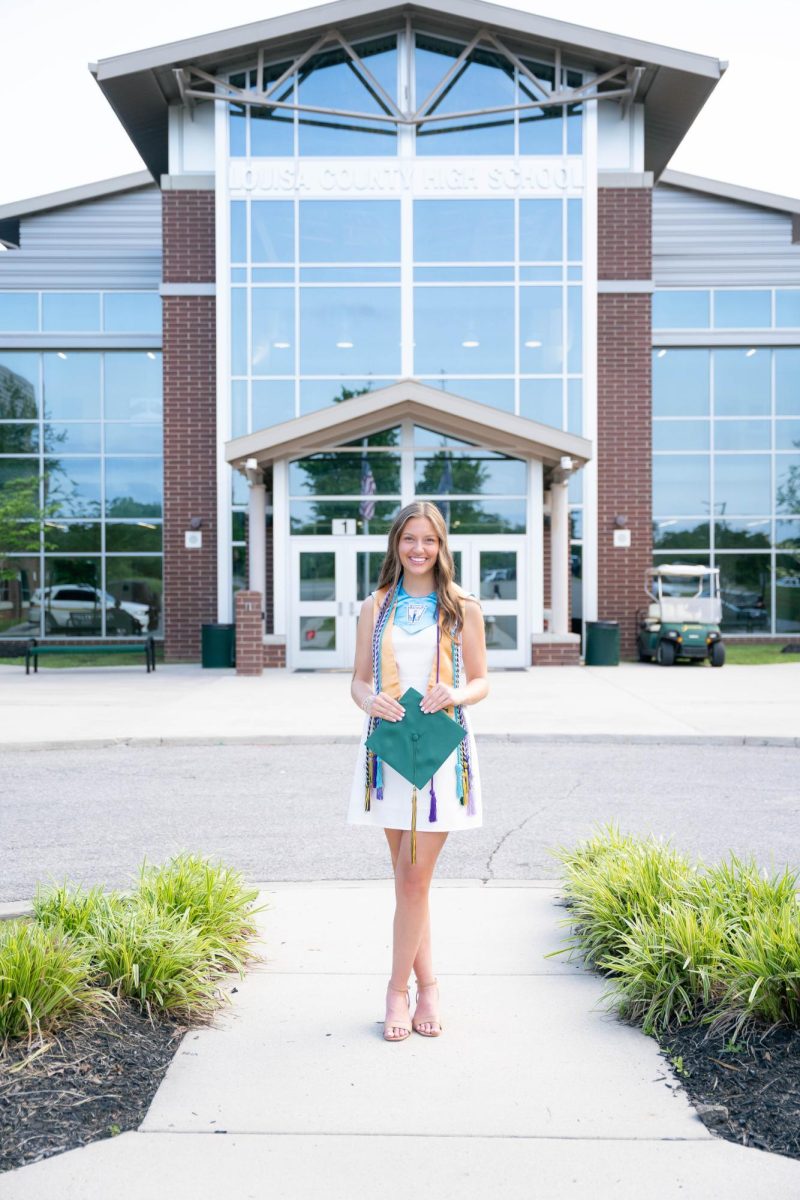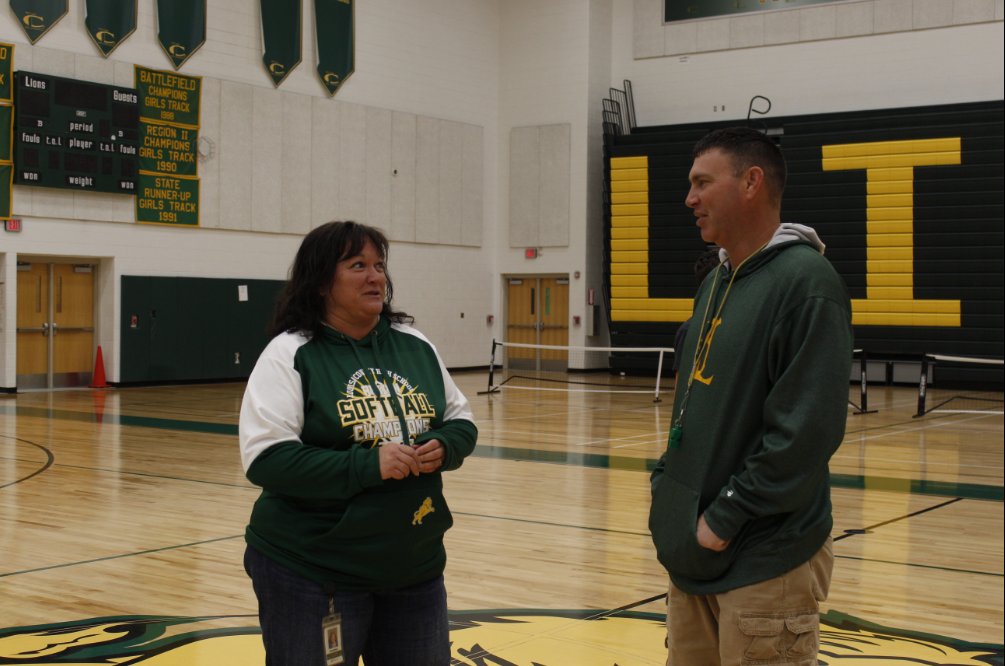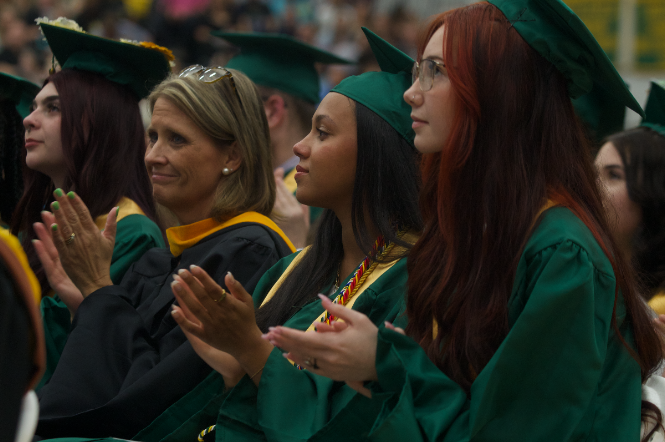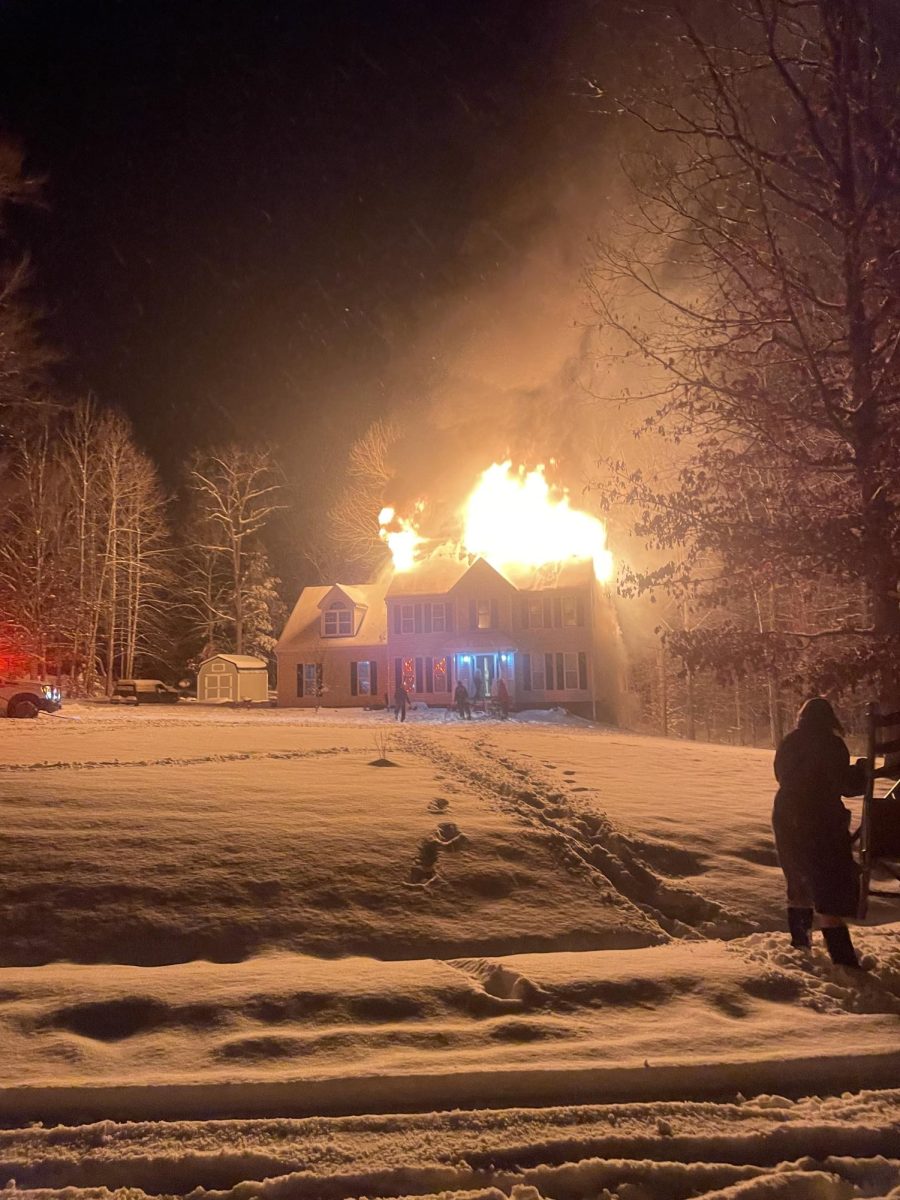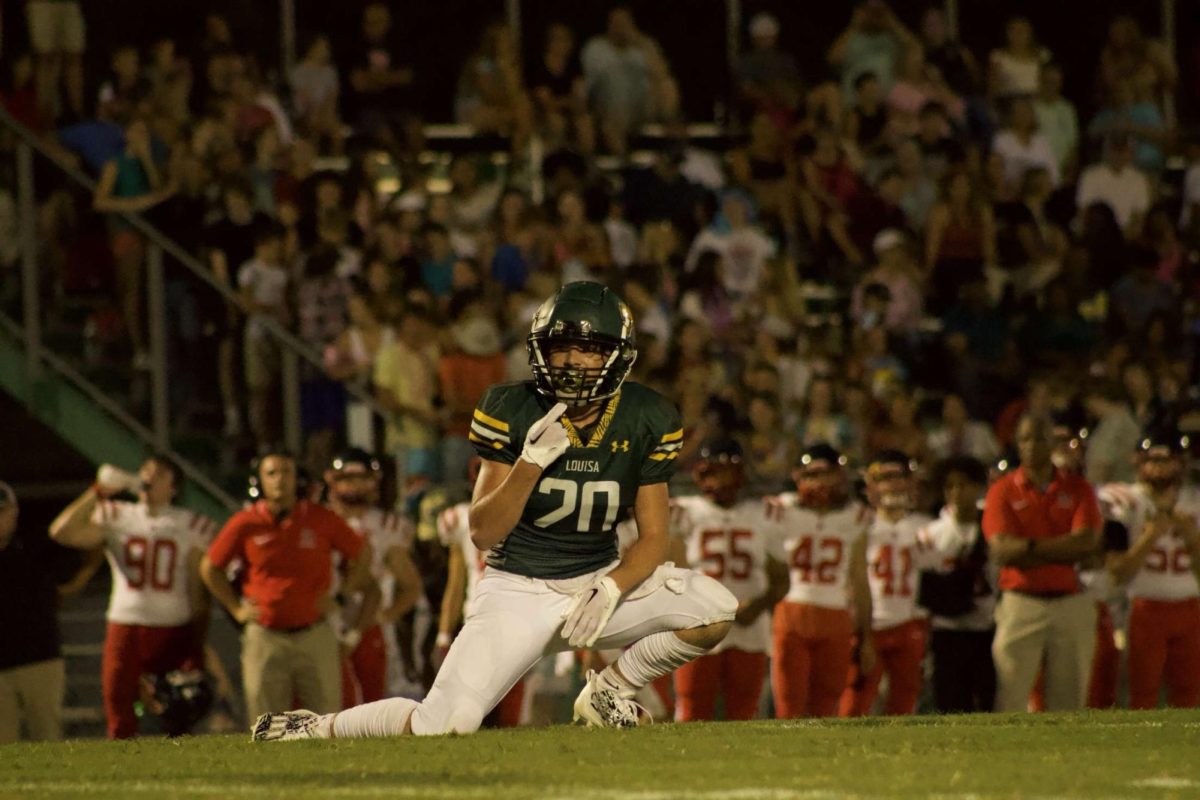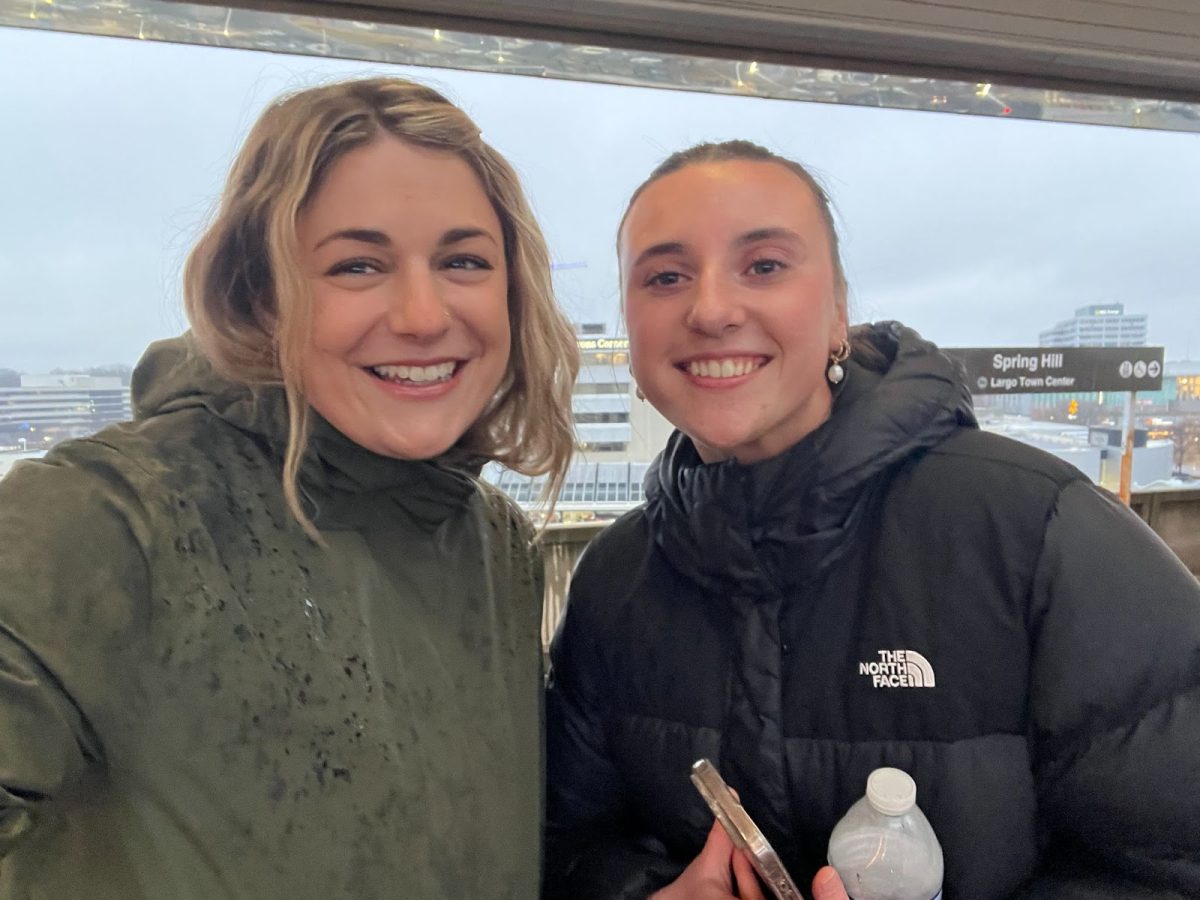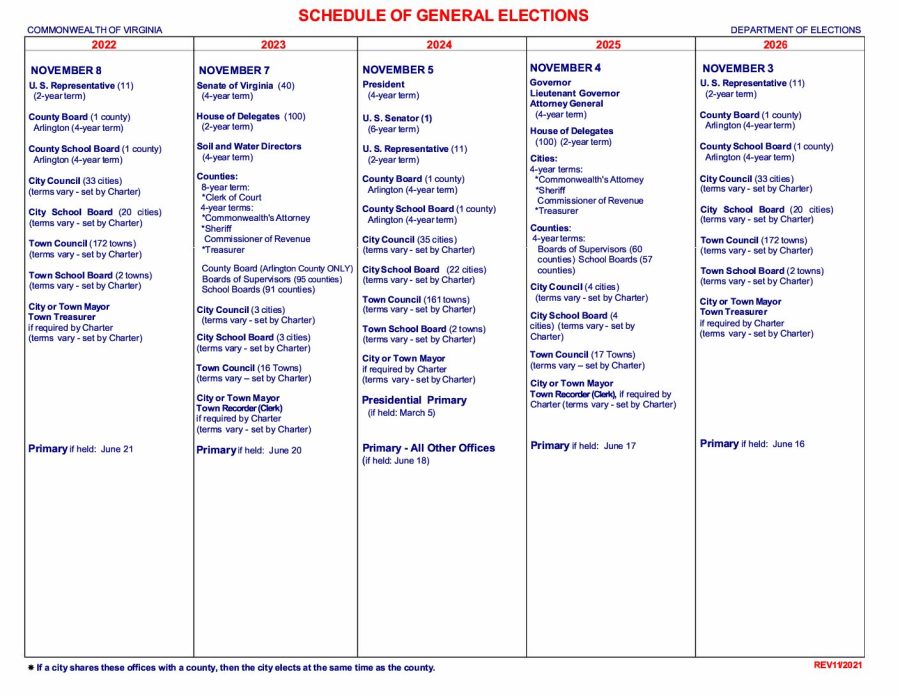What’s the Deal with Virginia’s Election Schedule?
Courtesy of the Virginia Department of Elections
Note that what is on your ballot depends on your specific jurisdiction and is subject to change.
October 31, 2022
It’s that time of year again: election season, the time to register to vote and cast your ballot. As a lifelong resident of Virginia, I’ve been surprised by how many of my peers have mentioned something like, “I thought the election was last year.”
This is surprising because Virginia has always had a state and/or federal election every year. This may be news to those who are somewhat new to the commonwealth since Virginia is the only state other than New Jersey to hold elections on this tiring schedule.
Kentucky, Louisiana, New Jersey, Mississippi and Virginia all hold state-level elections on odd-numbered years, also known as “off-years” as they do not coincide with any federal elections. And Virginia and New Jersey are the only two that elect their Governor, Lieutenant Governor and Attorney General on off-years.
This brings up the question, why do these states stagger their elections in the first place? Well in the case of Virginia, it was a complete coincidence, as the Constitutional Convention which included the direct election of our Governor was concluded in 1851, meaning the end of the Governor’s 4-year term falls on an off-year.
Even though the off-year schedule started accidentally, keeping it around has been very deliberate. The off-year schedule has two significant consequences, it results in people voting based on their approval of the presidential administration which is elected the year before the Governor’s election, and results in a dramatically lower turnout.
In Virginia, according to the Department of Elections, the 2020 presidential election had a total of 4,486,821 votes, while the 2021 election that filled our Governor’s office only had 3,288,327. This means that if the gubernatorial election was held during the presidential election our state’s office-holders would be at least 25% more representative of the total electorate.
Cristy Watkins, the Louisa County registrar, explains the schedule best: “In Virginia we’re always having elections… in June we have all of the primaries, except for the presidential primaries which are in March, and in November we have the general elections,” Watkins said. “With 45 days of early voting for each, we hardly get over one before the next one starts.”
This means that organizers, campaigners and election staffers must spend more time, money and energy to raise awareness for these elections every year. Plus it creates “voter fatigue,” a phenomenon in which voters build apathy towards voting due to the frequency of elections. This occurs mainly among working-class and young people who are too busy and less likely to find the time to vote or keep up with who is running.
“It creates a lot of confusion,” Watkins said. “Since people are already campaigning for next year’s elections, we’ve had people come in thinking they’re going to vote for someone who isn’t even on the ballot this year.”
In an interview with New York Public Radio, Joshua Douglas, an election law professor at the University of Kentucky explained the advantages of moving away from the off-year schedule, “My view is that if we do it all at once when people are talking about policy and political issues, then you’re going to have higher turnout with a more informed political electorate as well,” Douglas added. “Then they’re not feeling like they’re coming out to vote so often that it’s hard to keep up.”
Despite the advantages, there has been very little action from lawmakers to change the election schedule. In fact, A 2015 bill by Democratic Delegate Marcus Simon that would have set Virginia onto the typical schedule didn’t even make it to the floor. This is because many incumbent politicians are stubborn to amend the state constitution and simply aren’t interested in change. They were elected under the current laws and see an increase in turnout, especially from young voters as a threat since it indicates that voters are motivated to create change in their representatives.
Lawmakers will be hard-pressed to change the schedule without greater public interest and pressure from the media. An increasingly difficult task, given the public attention span for uninteresting and convoluted issues like election scheduling is shrinking. Many Virginians aren’t even aware that the off-year schedule is atypical. This is just one reason why voter education is so important, and why next time you hear someone complaining about constant political ads or frequent elections you should let them know Virginia is an outlier and there is a better option.





